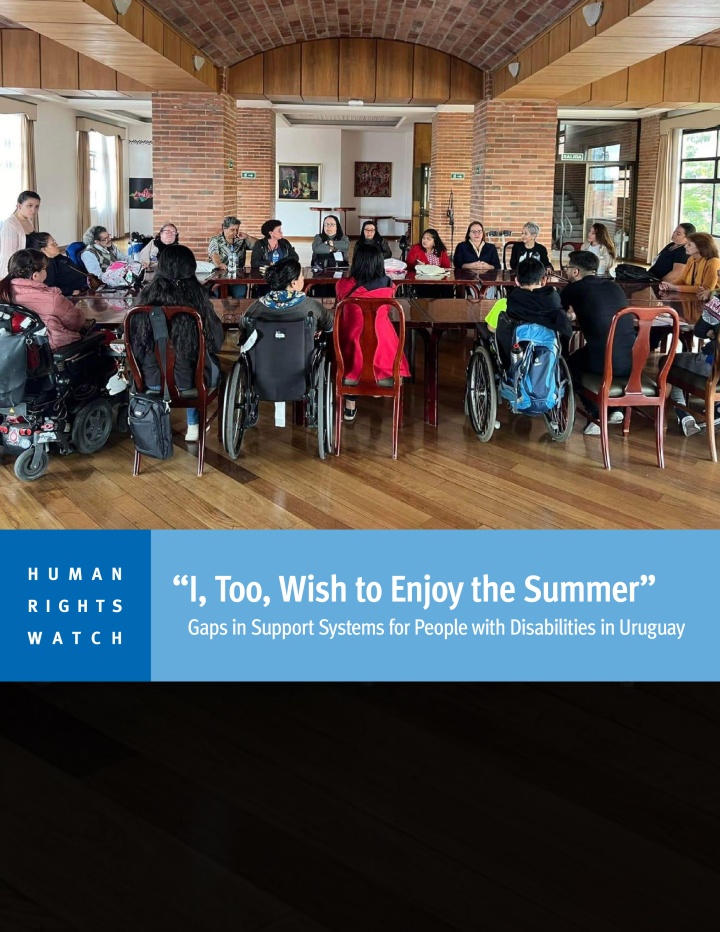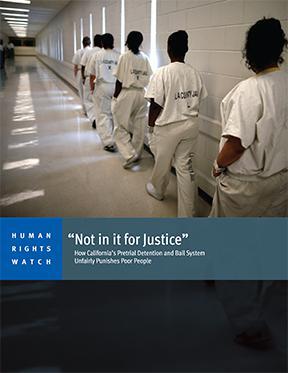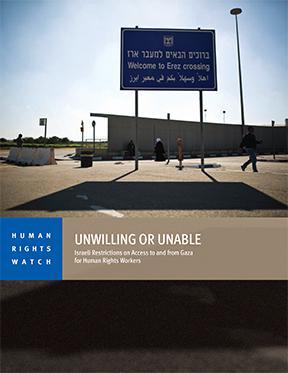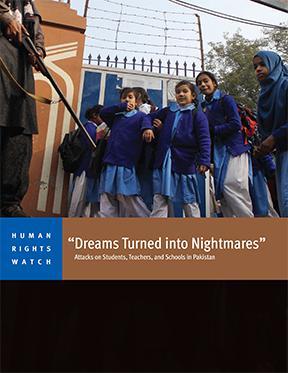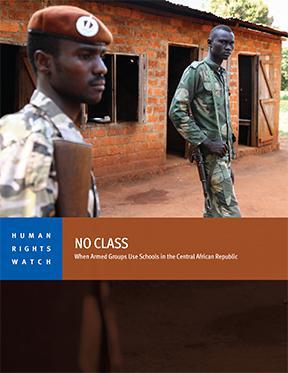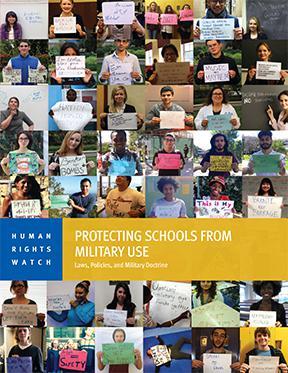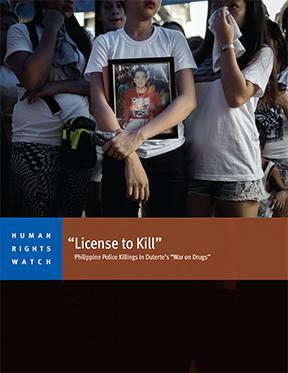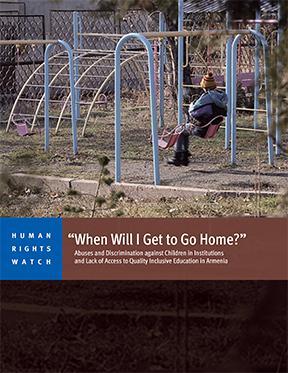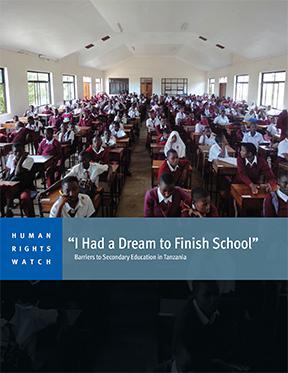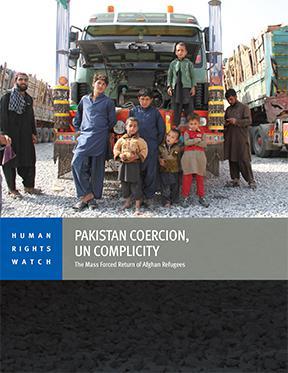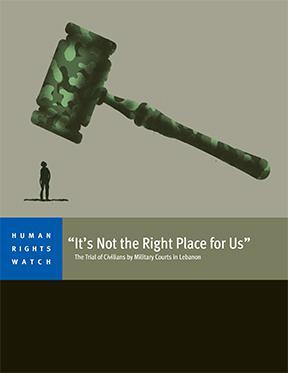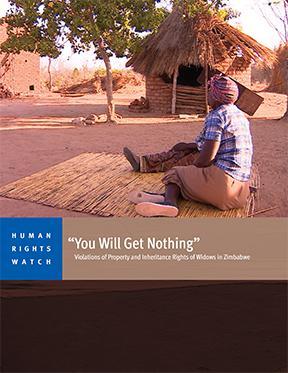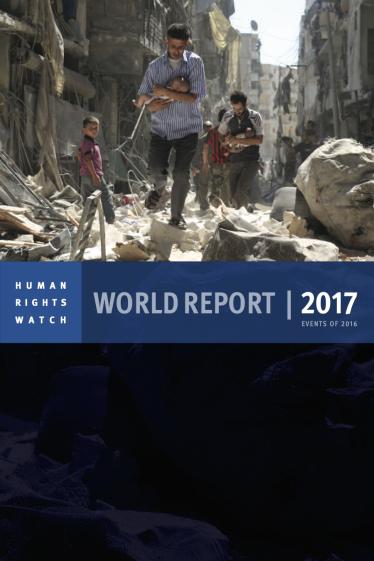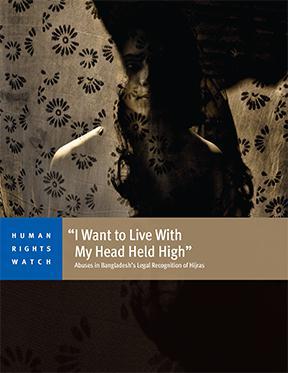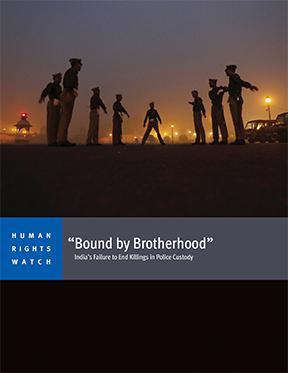“I, Too, Wish to Enjoy the Summer”
Gaps in Support Systems for People with Disabilities in Uruguay
The 50-page report, “I, Too, Wish to Enjoy the Summer”: Gaps in Support Systems for People with Disabilities in Uruguay, documents Uruguay’s shortcomings in meeting the support requirements under its National Integrated Care System for everyone with a disability. Many are ineligible for the care system’s Personal Assistants Program due to their age, income, or how “severe” their disability is. People with certain types of disabilities, like intellectual and sensory disabilities, and those with high-support requirements, are effectively excluded from the program because personal assistants are not trained to support them. Human Rights Watch found that Uruguay has not sufficiently involved organizations of people with disabilities in the design, administration, and monitoring of personal assistance under the care system, resulting in its failure to recognize users as rights-holders and its delivery of inadequate, limited services.
